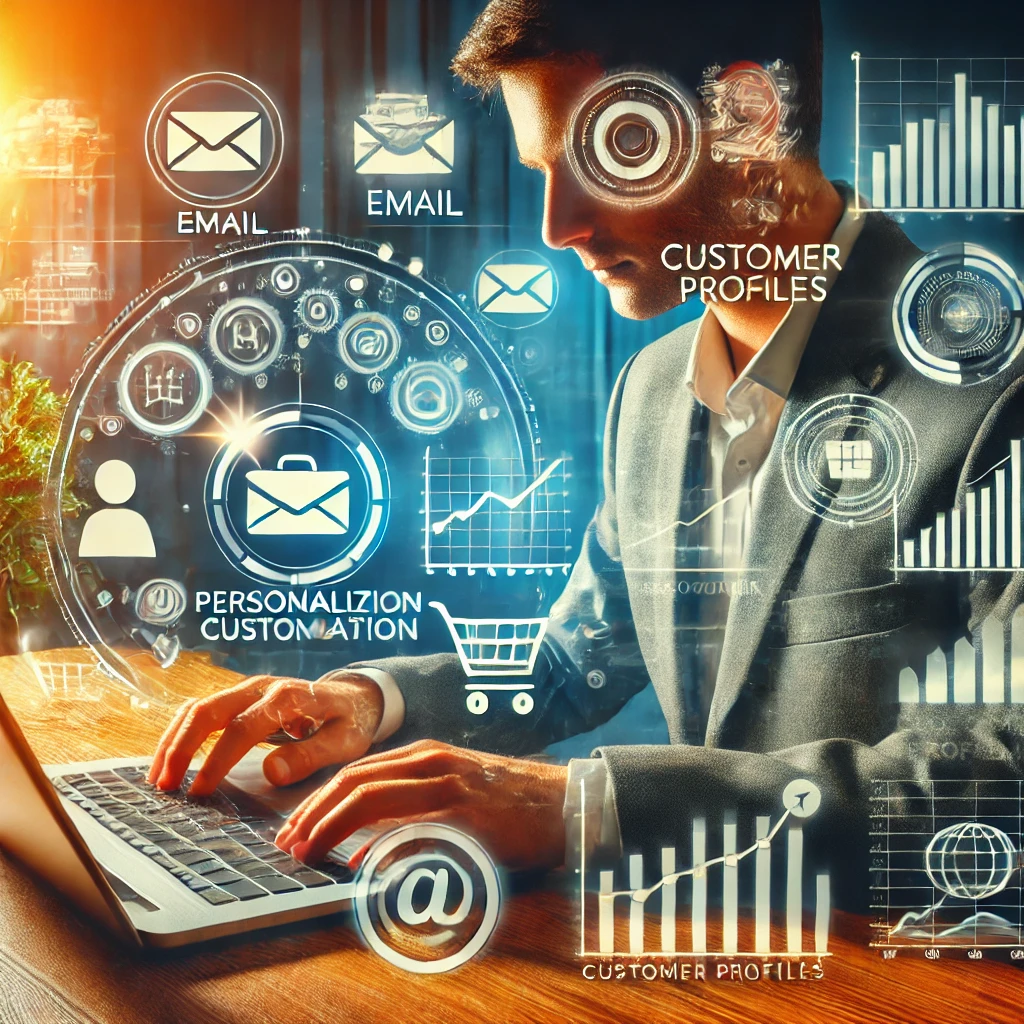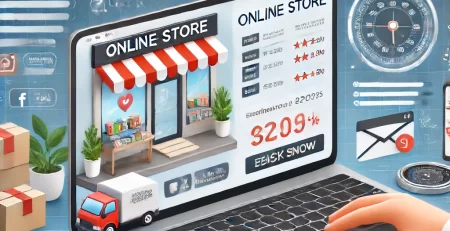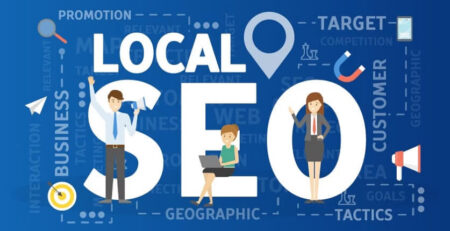Personalization in Marketing: The Key to Customer Loyalty
What is Personalization in Marketing?
Personalization in marketing involves using data and insights to create more relevant and individualized messages and offers for customers. This can range from simple tactics like addressing customers by their first name in emails to more complex strategies such as recommending products based on past purchases or browsing history. The goal is to make customers feel valued and understood, which can greatly influence their purchasing decisions and brand loyalty. By leveraging customer data, businesses can create unique experiences that resonate deeply with their audience.
Why is Personalization Important?
Enhanced customer experience is one of the primary benefits of personalization. Personalization ensures that customers receive content and offers that are relevant to their needs and preferences. This makes interactions with the brand more enjoyable and meaningful, leading to higher satisfaction levels. Increased engagement is another significant advantage. Personalized content is more likely to capture the attention of customers. When customers see that a brand understands and caters to their preferences, they are more likely to engage with its communications and offers. Personalization can also lead to higher conversion rates. Personalized marketing can significantly improve conversion rates. When customers receive recommendations and offers that align with their interests, they are more likely to make a purchase. Finally, personalization helps build a strong emotional connection between the customer and the brand. This connection fosters loyalty, encouraging repeat purchases and long-term relationships.
Effective Personalization Strategies
The foundation of effective personalization is data. Businesses need to collect and analyze data from various sources, including customer interactions, purchase history, and online behavior. This data provides valuable insights into customer preferences and behaviors. Segmenting customers based on shared characteristics or behaviors allows businesses to create more targeted and relevant marketing messages. Segmentation can be based on factors such as demographics, purchase history, or engagement levels. Utilizing dynamic content in emails and on websites allows businesses to tailor messages in real-time based on individual customer data. This ensures that each customer receives the most relevant content at the right time. Recommending products based on past purchases or browsing history is a powerful personalization tactic. This not only enhances the shopping experience but also increases the likelihood of additional purchases. Personalizing email campaigns by addressing customers by their name and tailoring the content to their preferences can significantly improve open and click-through rates. Implementing personalized loyalty programs that reward customers based on their individual behaviors and preferences can foster a sense of appreciation and encourage repeat business.
Challenges of Personalization
While personalization offers numerous benefits, it also comes with challenges. Collecting and using customer data for personalization must be done in compliance with data privacy regulations. Businesses need to be transparent about data collection practices and ensure they have customer consent. Managing and analyzing large volumes of data can be complex and requires advanced tools and technologies. Businesses need to invest in the right infrastructure to effectively leverage data for personalization. Striking the right balance between personalization and privacy is crucial. Overly personalized messages can come across as intrusive, while generic messages may fail to engage customers. Businesses must navigate these challenges carefully to implement successful personalization strategies. Despite these hurdles, the potential benefits of personalization make it a worthwhile endeavor for businesses seeking to deepen customer relationships and drive growth.
The Future of Personalization in Marketing
As technology continues to evolve, the future of personalization in marketing looks promising. Advancements in artificial intelligence and machine learning are making it easier for businesses to analyze vast amounts of data and deliver highly personalized experiences. These technologies enable real-time personalization, allowing businesses to respond to customer needs and preferences instantly. Additionally, the rise of omnichannel marketing means that businesses can create a seamless, personalized experience across all touchpoints, from websites and emails to social media and in-store interactions. The integration of these technologies and strategies will further enhance the effectiveness of personalization in marketing. By staying ahead of these trends, businesses can continue to build strong, loyal customer relationships. The future of personalization holds immense potential for those willing to invest in the right tools and strategies.
Personalization: A Path to Success
Personalization in marketing is a powerful strategy that can significantly enhance customer loyalty and drive business success. By leveraging data to create more relevant and individualized experiences, businesses can build stronger relationships with their customers. Despite the challenges, the benefits of personalization make it a worthwhile investment for any business looking to thrive in today’s competitive landscape. As technology advances, the potential for even more sophisticated and effective personalization grows. Businesses that embrace these opportunities will be well-positioned for success. Personalization is not just a trend; it is a fundamental shift in how businesses interact with their customers. By focusing on the individual needs and preferences of customers, businesses can create lasting loyalty and achieve sustained growth










